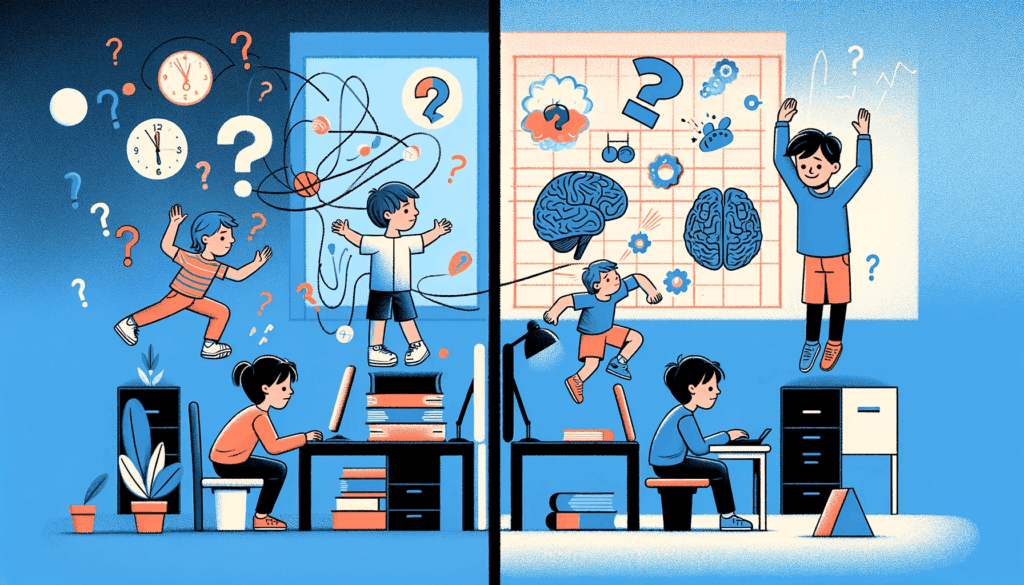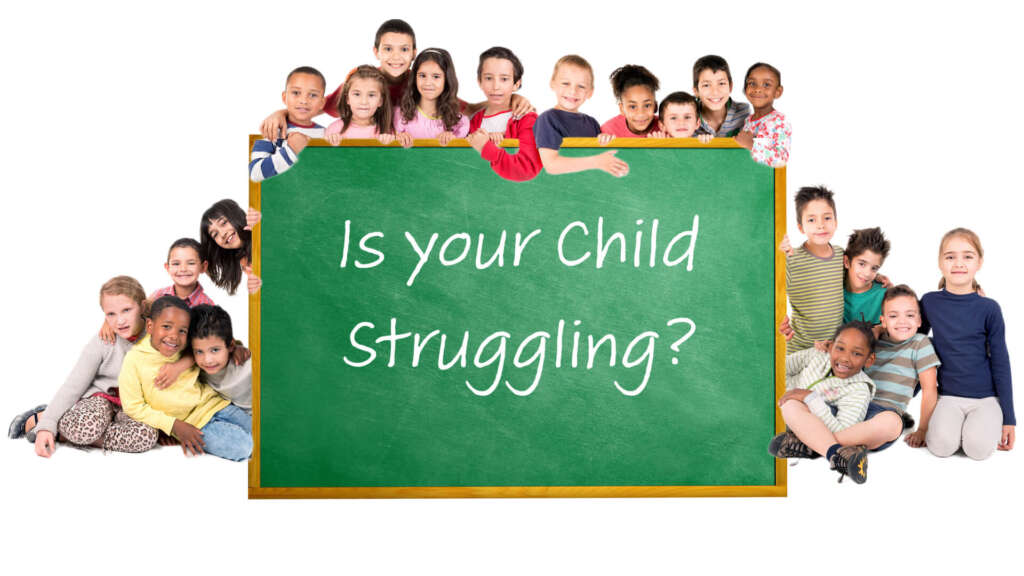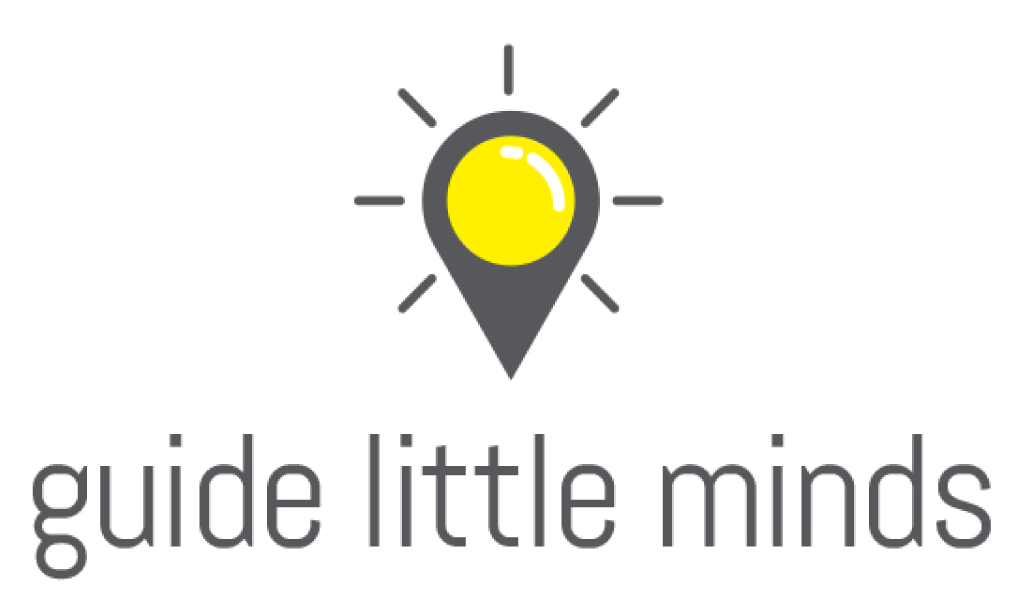Understanding the Link Between ADHD and Developmental Coordination Disorder: A Guide for Parents

As parents, understanding the complexities of various developmental disorders can be daunting, especially when they overlap. This article aims to demystify the relationship between Attention Deficit Hyperactivity Disorder (ADHD) and Developmental Coordination Disorder (DCD), commonly known as Dyspraxia. We’ll explore how these conditions intertwine, their impact on a child’s life, and the importance of timely intervention.
What is Developmental Coordination Disorder (Dyspraxia)?
First, let’s talk about Dyspraxia or DCD. This condition affects movement and coordination. If your child is clumsy, has poor balance or posture, or struggles with tasks requiring hand-eye coordination, they might be experiencing symptoms of DCD. However, it’s crucial to understand that DCD does not affect intelligence. Other symptoms include fatigue, difficulty with speech, and general disorganization.
The Connection with ADHD
Recent studies have shown a significant overlap between ADHD and DCD. In fact, 30-50% of children with ADHD are also diagnosed with DCD. This rate is higher than the comorbidity of ADHD with specific learning disabilities like dyslexia or dyscalculia.
Why Does This Overlap Occur?
The connection between ADHD and DCD becomes clearer when we look at brain development studies. Children with ADHD often experience a delay in the maturation of their brain’s gray matter, particularly in the frontal lobes. These areas are critical for planning and executing motor tasks. So, if your child has ADHD, they are more likely to face challenges with motor skills due to this developmental delay.
Impact on Daily Life
This delay in brain development can significantly affect various aspects of a child’s life. For example, they might have trouble with handwriting, which is a fine motor skill. They may also find it challenging to participate in sports or other physical activities due to poor coordination and balance. Even everyday tasks like tying shoelaces or buttoning shirts can be difficult.
Challenges in Diagnosis and Access to Services
One of the significant challenges families face is the delay in diagnosing DCD. It often takes about three years from when parents first notice symptoms to when the child gets a proper diagnosis. This delay can hinder timely intervention, which is crucial for managing these disorders effectively.
Additionally, accessing services like occupational therapy, physical therapy, or speech therapy can be a struggle. Many families report financial strain due to limited funding for these essential services.
The Importance of Early Intervention
Understanding the link between ADHD and DCD is vital for early intervention. If you notice symptoms of either condition in your child, it’s essential to seek professional advice. Early diagnosis and intervention can make a significant difference in managing the symptoms and improving your child’s quality of life.
Conclusion
As a parent, it’s natural to want the best for your child. Understanding conditions like ADHD and DCD, and their interconnection, is the first step towards providing the support and care your child needs. Remember, these conditions do not define your child’s potential. With the right support and interventions, they can lead a fulfilling and successful life.



Responses